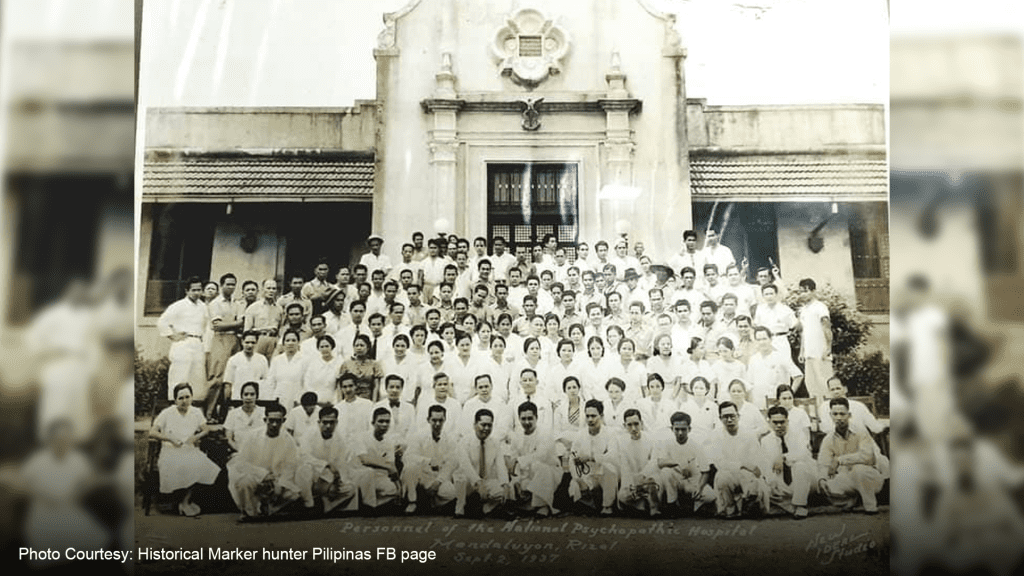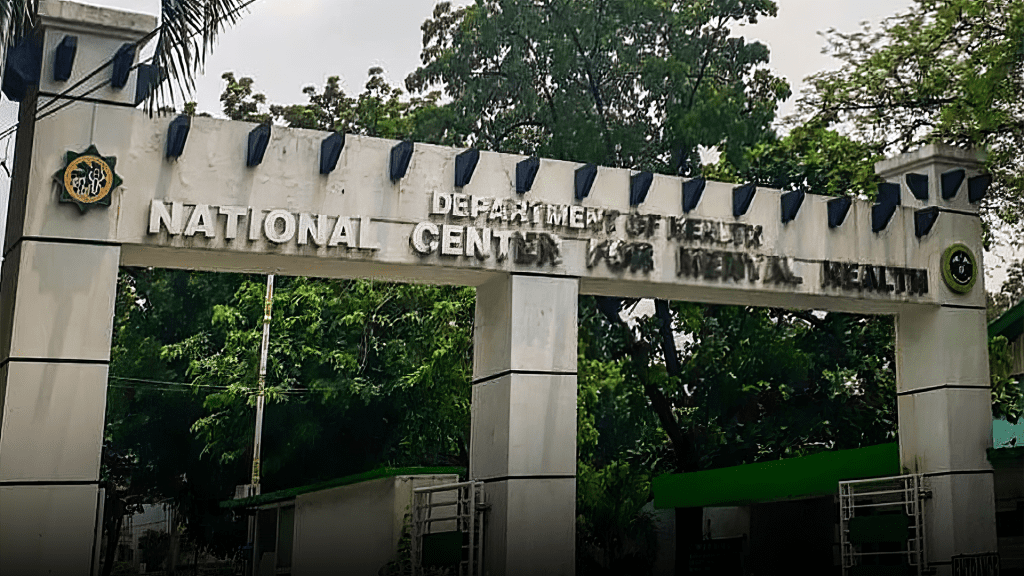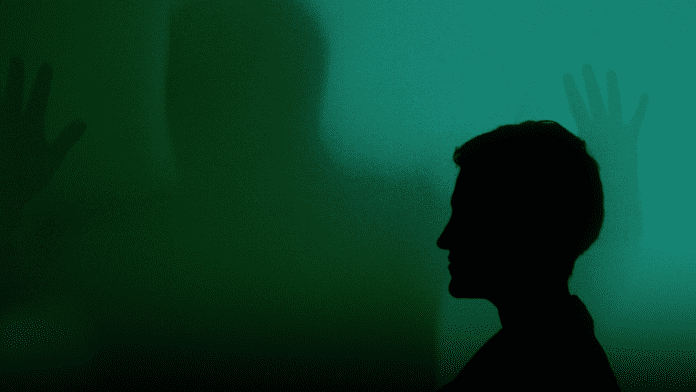By Jose Guillermo – Sunday Punch
The conversation around mental health in the Philippines has gained significant traction, driven by a growing public awareness of psychiatry and the influence of popular culture, which increasingly embraces contemporary views on human psychology. However, this relatively advanced understanding of mental well-being is the result of a long and complex journey.
A 2017 study by scholar Rene Samaniego sheds light on the evolution of psychiatry in the Philippines, tracing its development through key historical periods: the Pre-colonial era, Spanish colonial rule, the American regime, the Japanese occupation, and the post-World War II liberation.

Before the Spanish era, mental illness was attributed to natural and supernatural forces, with little knowledge or systematic approach to its management. During Spanish rule, mental illness was often linked to religious and supernatural causes, leading to treatments such as exorcisms and physical distress.

The American regime marked a significant shift toward recognizing mental illness as a medical condition, resulting in the establishment of hospitals and training programs. The opening of the Insular Psychopathic Hospital in 1928 marked the beginning of psychiatry as a formal discipline in the Philippines. However, psychiatric care faced setbacks during the Japanese occupation, only to resume and expand in the post-war period, leading to further specialization in mental health services.
Today, mental health is increasingly recognized as a critical public health issue in the Philippines, with ongoing efforts to reduce stigma and improve access to services. The Mental Health Act of 2018 was a significant milestone, aiming to integrate mental health services into the general healthcare system and protect the rights of individuals with mental health conditions. Despite these advances, challenges such as limited access to mental health services in rural areas and cultural stigma continue to impede progress.

As Samaniego concluded, “a nation providing itself with a better understanding of its history translates to a capacity to change and improve its present reality.” The history of psychiatry in the Philippines is rich and complex, and understanding this history is crucial for addressing the current challenges and shaping the future of mental health care in the country.

